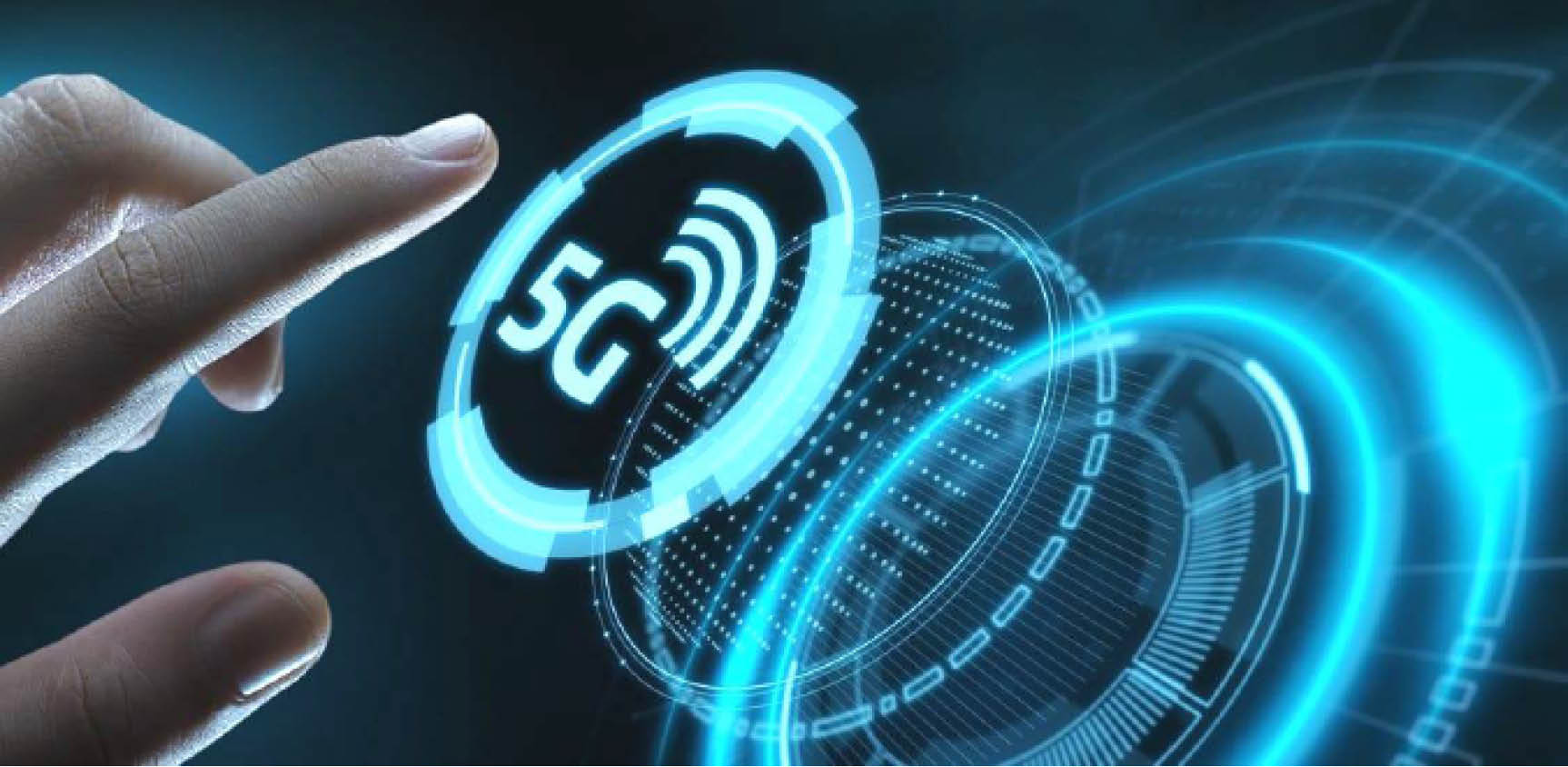EDITORIAL: 5G will drive 21st Century Nigeria
Last week, the Federal Executive Council (FEC) approved the use of Fifth Generation Internet technology, otherwise known as 5G, in the country. This is coming despite prevailing concerns of some Nigerians over the rumour that radiation from the 5G network has some health implications for the people. Conspiracy theorists even claim that it is at […]

5G
Last week, the Federal Executive Council (FEC) approved the use of Fifth Generation Internet technology, otherwise known as 5G, in the country. This is coming despite prevailing concerns of some Nigerians over the rumour that radiation from the 5G network has some health implications for the people. Conspiracy theorists even claim that it is at the heart of the COVID-19 pandemic.
While research by the World Health Organisation and the International Telecommunications Union (ITU) conducted over the years have debunked these rumours, the scepticism and conspiracy theories around 5G have persisted, often sadly championed by some influential persons in the society who have large followership.
- How police ‘extort’ victims before tracking kidnappers, thieves
- Anambra gov’ship: PDP rejects storage of electoral materials in Imo
False health scares have always been associated with new scientific and technological advances. The 1967 Apollo moon landing for instance was rumoured to have caused a recurrent eye infection. Years of research have debunked any kind of connection between these two just as researches have shown that there is no connection whatsoever between the introduction of 5G and the COVID-19 pandemic.
Indeed, research has established that with high speed, negligible latency, and superior reliability, 5G internet technology will expand the mobile ecosystem and impact every industry, and enable safer transportation, remote healthcare delivery, precision agriculture, digitized logistics and more. It is a technology that is designed to connect virtually everyone and everything including machines, objects, and devices.
The federal government’s decision to approve the use of the 5G network in the country is premised on the report of a three-month trial conducted between November 2019 and January 2020. The result from the trial agrees with the submissions of both the WHO and the ITU that 5G does not pose any adverse effects on human health. Considering that 5G is only an upgrade on the 4G technology that has already made so much possible and that 5G promises to deliver higher peak data speeds, massive network capacity, increased access, a more uniform user experience, and monitoring of health and security in real-time, the technology would be a huge step forward for Nigeria, what with our large ungoverned spaces.
Already, Nigeria lags behind even much of the developing world in terms of internet infrastructure and effective use. Broadband penetration remains at less than 20%, grossly inadequate for a population of 200 million people. Consequently, internet services, while available and widely utilized by all sections of the Nigerian populace, remain rather unstable, urbanized, and extremely expensive in comparison to other countries around the world. Thus while we commend the federal government for taking this decision based on its own localised studies, we hope that the deployment of 5G technology will come along with cheaper, more reliable and more evenly accessible internet services that will drive the country into a 21st-century future.
Nigeria cannot afford to lag further behind its peers, and competitors, in the global economy. And to ensure that, Nigeria’s economy must have a solid digital foundation based on fast, reliable and generally cheap and accessible broadband internet services. The COVID-19 pandemic, despite its other destructive effects, has made clear that the future of the global economy is simply digital. Many forms of work, from the most mundane secretarial duties to the most serious, such as administration of justice on matters of life and death were pursued virtually as the pandemic pushed nearly all economies into various levels of lockdown.
The global economy now emerging out of it will be driven primarily by 5G technology and Nigeria cannot afford to be left behind. Work from home, for example, is not only today’s new normal, many companies have already indicated interest to continue with it into their post-pandemic future. We, therefore, urge the government to take the necessary steps to ensure that all aspects of the technology are fully localized in Nigeria. It is not enough to merely approve of its use. University research departments and Nigerian technology companies must be supported to develop local content and know-how in all aspects of the 5G since, as the debates around this technology between China, the United States and Europe have shown lately, its deployment, marketing and use are all intimately connected to issues of national security and sovereignty.
Finally, we urge the federal government to educate Nigerians on the benefits and safety of this new technology. The first step on this will be to publish the report of its research findings on 5G technology, especially as it concerns its health implications. Misinformation thrives only in an environment of few facts. We also call on influential persons in society who are not experts in this field to stop misleading the public through unfounded statements. All efforts should be made to ensure that Nigeria gets the best deal out of this new technology and that Nigerians make the most of it.
